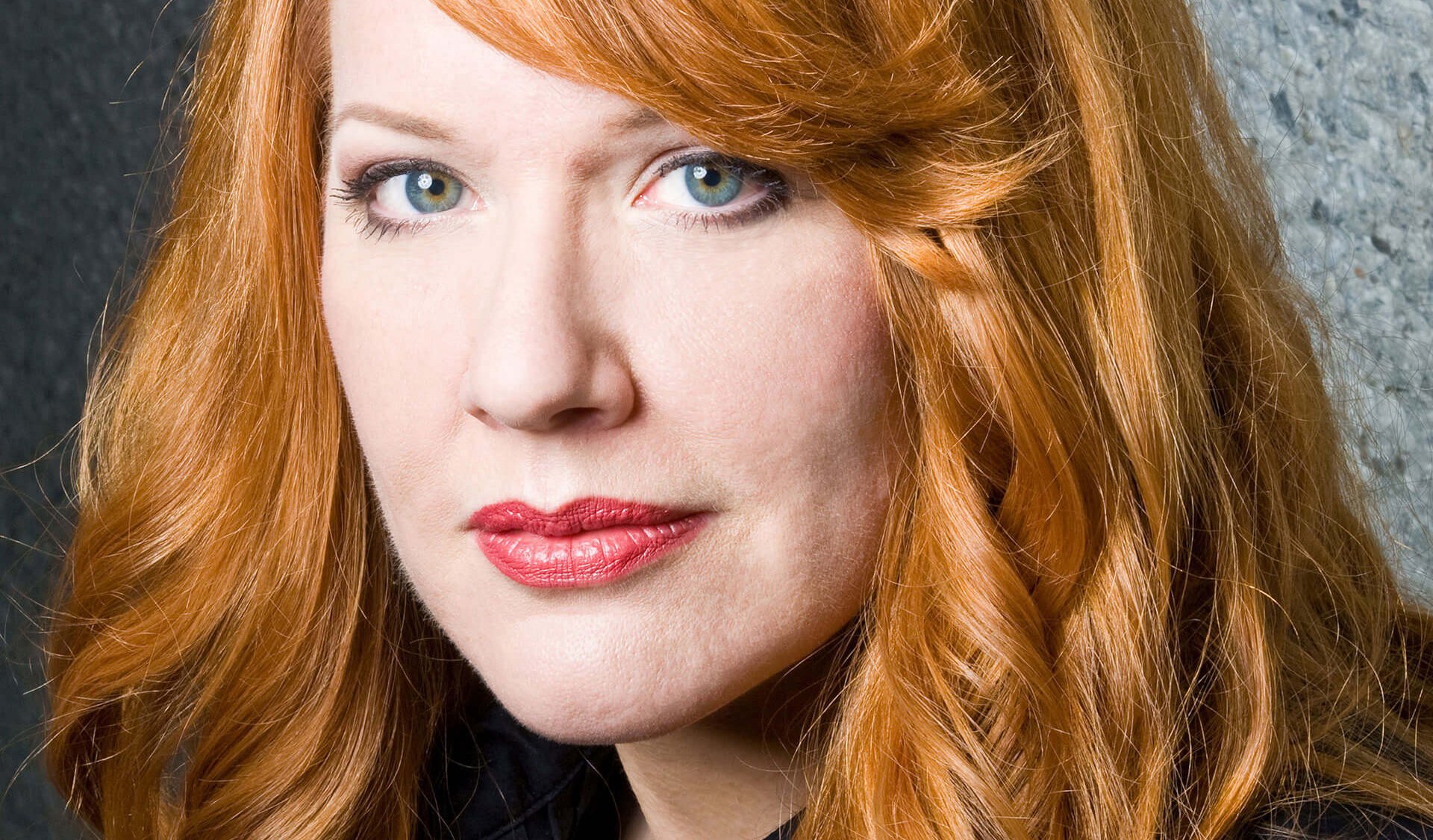



Program
Richard Strauss (→ bio):
Le bourgeois gentilhomme (The Bourgeois Gentleman) – suite, Op. 60-IIIa
Ariadne on Naxos, Op. 60
Featuring
Conductor and director
Vocals
- Emily Magee (Ariadne)
- Anna-Lena Elbert (Zerbinetta)
- Andrew Staples (Bacchus)
- Gurgen Baveyan (Harlequin)
- Stuart Patterson (Scaramuccio)
- Daniel Noyola (Truffaldin)
- Juan de Dios Mateos (Brighella)
- Samantha Gaul (Naiad)
- Olivia Vermeulen (Dryad)
- Mirella Hagen (Echo)
Actors
With
Co-Director and choreographer
Set design
Costume designer
Lighting designer
Motion graphics
Technical Director
Stage Manager
Other information
About the event
It has become something of a tradition to kick off the new Budapest Festival Orchestra season with an opera. Iván Fischer selects the most diverse array of pieces, ranging from Mozart to Monteverdi to Britten, and never fails to put his signature twist on them. This time he conducts Richard Strauss’ opera, Ariadne on Naxos (Ariadne auf Naxos), composed to the libretto by the equally experiment-minded Hofmannsthal. His co-director is the outstanding actress and commedia dell’arte specialist Chiara D’Anna, featuring notable soloists of international renown. The main part of the opera was originally preceded by Molière’s theater play The Bourgeois Gentleman (Le bourgeois gentilhomme) with incidental music by Strauss. However, due to its length, the creators themselves later replaced it with an operatic prologue. Tonight, a suite compiled by the composer from the incidental music of the play introduces the piece before the intermission. In other words, it is the original version in an audience-friendly guise.
Not long after completing Der Rosenkavalier (The Knight of the Rose), the inseparable writer-composer duo, Richard Strauss and Hugo von Hofmannstahl embarked on another collaboration. Their exciting plan was for the dramatist to rework The Bourgeois Gentleman, condensing its five acts into two, while Strauss would compose a brand new operatic intermezzo. The piece, envisioned to be half an hour, ended up being 90 minutes long. They held a lengthy reception in the intermission of the play, and the “theater within the theater” concept proved too complicated. Everything was leading towards a flop for the nearly 6-hour long premiere in 1912. On Hofmannstahl’s recommendation they dropped Molière’s play, while Strauss reworked the opera and composed a prologue in 1916, which was meant to explain the combination of the opera seria and opera buffa genres.
In the story, the lavish party takes place in the home of a rich Viennese gentleman, who decides that the two companies must perform the opera and comedy commissioned for the occasion at the same time. This is how the lovesick Cretan princess, stranded on the island of Naxos, is suddenly joined by the rather mythologically out of place Zerbinetta and her gang of misfits. The opera is Wagnerian in nature utilizing a continuous progression of music without repetition (through-composed), rather than a series of self-contained numbers. Strauss distinctly separates the worlds of Ariadne and Zerbinetta through the orchestration.
The incidental music of The Bourgeois Gentleman lived on as a suite from 1920 onwards. The character of Jourdain is evoked, followed by a series of embarrassments at dance lessons, fencing lessons, and even in front of the tailors. For the dinner sequence Strauss envisioned an 17th century ensemble size. Appropriately, the music features baroque-inspired themes, and even melodies straight from Lully.
In the opera, the composer follows the pattern established in his earlier pieces: the female solos take center stage. In the Iván Fischer Opera Company adaptation, the lead role is performed by Emily Magee, lauded by the New York Times as a “richly resonant soprano”. Anna-Lena Elbert, award-winner of the 2019 Richard Strauss Competition and collaborator with the BFO on the Ligeti and Compassion projects, will take the stage as Zerbinetta. The direction combining the world of Greek tragedies and the tradition of commedia dell’arte amplifies the contrast between the two characters.
A joint production of the BFO, Müpa Budapest, the Ivan Fischer Opera Company, the Vicenza Opera Festival and the Spoleto Festivel dei Due Mondi.
Did you know? Strauss’s Suite premiered in Vienna on January 31, 1920, with the composer conducting; the reworked version of Ariadne auf Naxos premiered on October 4, 1916, also in Vienna, with Franz Schalk conducting; the Budapest Festival Orchestra performed the piece most recently on May 4, 2003 (conductor: Gerard Korsten); select excerpts from the opera were performed on September 11, 2020 (conductor: Iván Fischer).
Contemporary events: On December 4, 1920 Austrian composer Erich Wolfgang Korngold’s opera The Dead City premiered in Hamburg, and on the same day in Cologne / Czech author Karel Čapek wrote his sci-fi drama R. U. R. (Rossum’s Universal Robots) in 1920 / Austrian psychologist Sigmund Freud published his book Beyond the Pleasure Principle in 1920 / The Russian offensive led by General Aleksei Brusilov was launched on June 4, 1916, eventually breaking through the defensive positions of the Austro-Hungarian Monarchy / Béla Bartók composed his suite for the piano, Op. 12, in 1916; the piece premiered in 1919 / French painter Henri Matisse painted his depiction The Piano Lesson in 1916 / Please Sir!, a collection of short stories by Frigyes Karinthy, was published in 1916